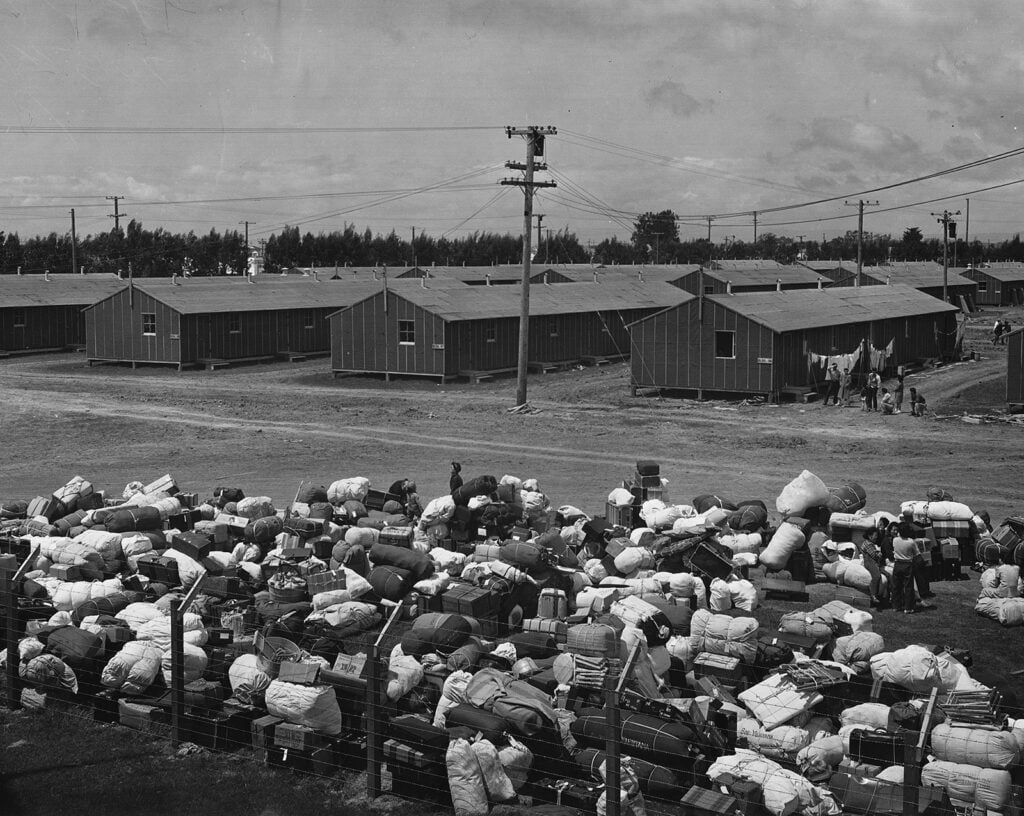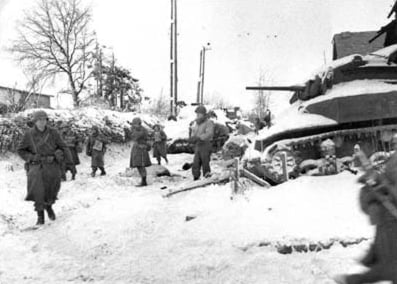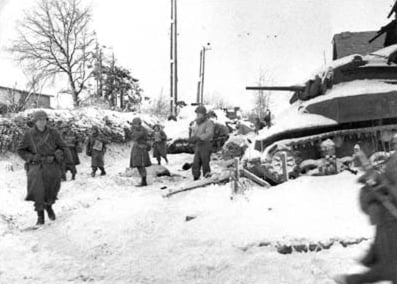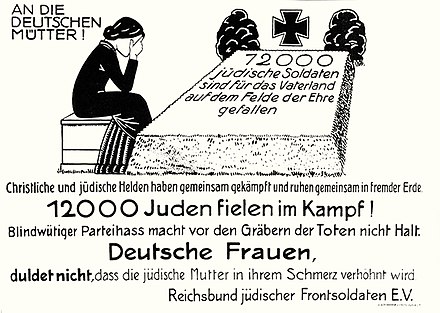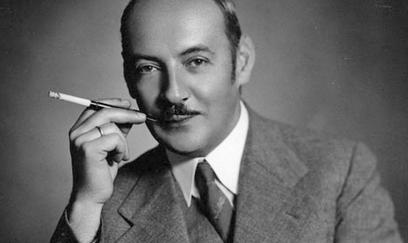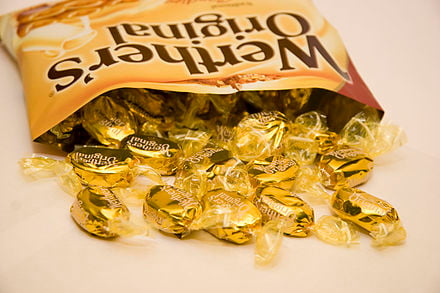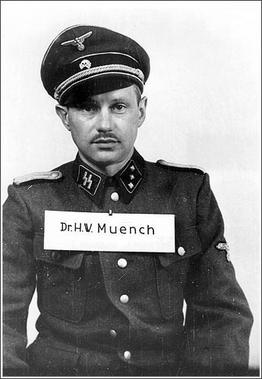How Did the Nazis Convince the Red Cross Nothing Bad was Happening in the Concentration Camps?
By now we’re fully aware of the terrible things the Jews experienced while they were in the Nazi concentration camps. From being tortured, killed inhumanely and even experimented on. But did you know when the international community got wind of the horrific news, the Nazis were able to fool them? When the Red Cross got […]
